Protein is a hot topic these days especially if you are living a plant-powered lifestyle. A question we are constantly bombarded with is, “How do you get your protein?” I remember my first encounter with a fully plant-based family, I have to be honest that this was my same question to them. So I’m here to answer it for all. Here you will find everything you need to know about protein, from what it is, where it comes from, the best sources of plant protein and so much more.
A Guide To Plant-based Proteins
We all know that protein is vital to a healthy diet, we heard this as children that we need proteins to grow BIG and STRONG. But what many of us don’t know it that we need less protein than one might think and can gain tremendously from obtaining it from plants versus animal sources. Yes, every meal should include a protein source since it contributes to every single cell in the body, like beautiful hair, strong nails, and lean muscle tone and that’s just externally. Internally it’s used for maintaining a healthy digestive tract, and energy, rebuilding bones, muscle & tissue, the production of hormones and enzymes, and so much more.
The good news is that our food supply is filled with so many plant-based protein sources that includes a host of other important nutrients that are beneficial for your health, without cholesterol and are lower in saturated fat than meat.
So here that leaves us to answer the question that so many are unsure about. Can a whole foods vegan diet give your body everything it needs?
The Protein Myth
First of all, it’s important to know that it’s a widespread myth that you need to eat meat because it contains all the amino acids to get an adequate amount of protein. And if you are vegan you have to eat rice and beans together to form a complete protein.
Diet for a Small Planet, by Frances Moore Lappé. Published in the ’70s, she wrote that plant food is deficient in some of the essential amino acids, so in order to be a healthy vegetarian/vegan, you needed to eat a combination of certain plant foods at the same time in order to get all of the essential amino acids in the right amounts. It was called the theory of “protein complementing.”
In the tenth anniversary edition of her book (1981), she retracted her statement and basically said that in trying to end one myth—the inevitability of world hunger—she had created a second one, the myth of the need for “protein complementing.” (source)

Animal vs. Plant Protein
Constipation, bloating, or sluggish digestion most likely means your body doesn’t have the digestive capacity or strength to break the types of foods you eat. Unfortunately many don’t know their bodies enough to determine if their bodies agree with animal protein or not. Animal proteins are often consumed every day, multiple times a day, so the body is rarely given a chance to know anything different. Understanding the quality of protein in both plants and animals can help with determining which one leads to better health.
When eating dairy, you’re eating proteins called casein and whey.
When you eat meat, fish or poultry, you would be eating proteins called collagen and myosin.
Beans have proteins called legumins.
Eggs contain a number of different proteins, including one called avidin and one called ovalbumin.
Each of these is different and affects the body in different ways, some good, some bad. Animal-based proteins have been said to be “higher quality” because they consist of all the amino acids that make up a complete protein. They also closely resemble the amino acid profile that our body needs, which allows the body to recognize and utilize them very quickly.

This often gives people the belief that animal protein has an advantage over plant proteins. What many don’t know is that animal proteins have other side effects that are often overlooked and don’t lead to sustainable health, especially when over-consumed.
Some studies have shown that diets that rely heavily on animal proteins are believed to contribute to chronic, degenerative diseases due to the high amounts of fat and cholesterol. Animal proteins also tend to have a higher concentration of sulfur-containing amino acids that get metabolized into acid-generating metabolites. As a result, this causes the body to have a slightly lower pH, which must be corrected, and often uses calcium stored in the body to balance out these acidic effects. (source)
Plant proteins have been said to be “somewhat” compromised by their lack of one or more amino acids. Many believe that they need to consume all amino acids at each meal to make up a “complete” protein. This is NOT true.
The body may not store complete protein but it does store amino acids. We have a reservoir of amino acids to supply us whenever a meal might be a little low in one amino acid or the other. This restores the absent amino acid in a plant protein and gives you a response similar to animal proteins. Plus, plant proteins have many more added benefits since they also offer more antioxidants, fiber, vitamins, minerals, and phytochemicals. The key is just to consume a wide variety of fruits and vegetables every single day!
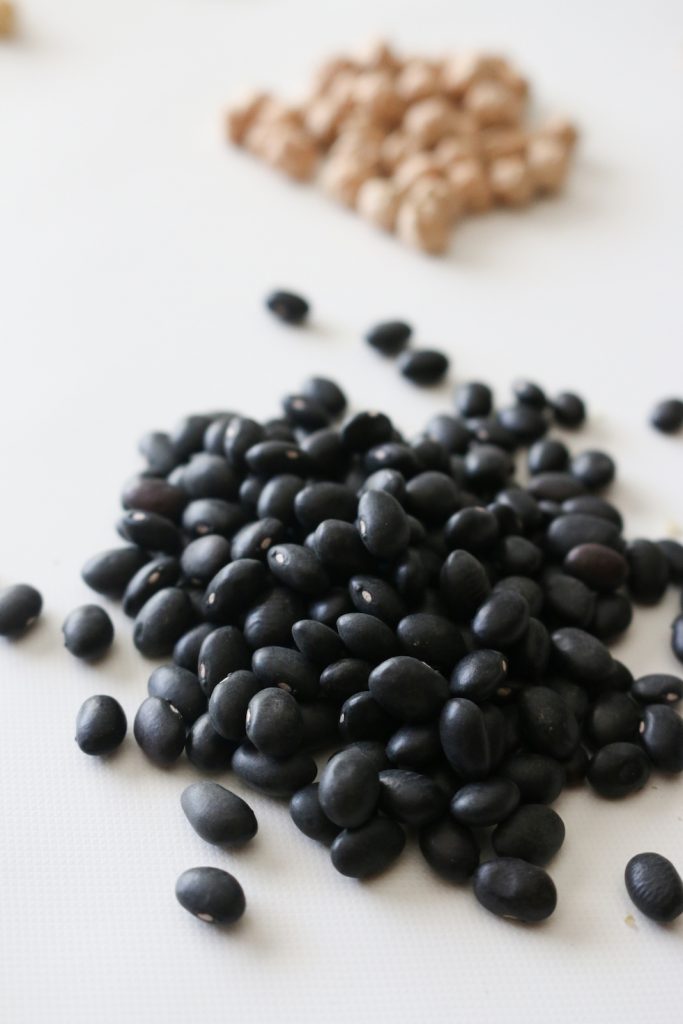
How Much Protein Do You Need On A Vegan Diet?
Making sure to have enough protein throughout the day is something I strive for. But how much do we really need? The answer to this question really depends on the individual lifestyle, goals, digestion, and diet practiced by each person.
The RDA recommends that we take in 0.8 grams of protein for every kilogram that we weigh or about 0.36 grams of protein per pound that we weigh. (source)
Make a few adjustments to account for some plant proteins being digested somewhat differently from animal proteins and for the amino acid mix in some plant proteins, we arrive at a level of 0.9 grams of protein per kilogram body weight (0.41 grams per pound).
Doing a few calculations we see that the protein recommendation for vegans/vegetarians amounts to close to 10% of calories coming from protein. When we look at what vegans are eating, we find that, typically, between 10-12% of calories come from protein. This contrasts with the protein intake of non-vegetarians, which is close to 14-18% of calories. I recommend meeting with a qualified practitioner to figure out what your ideal protein intake is for your goals.
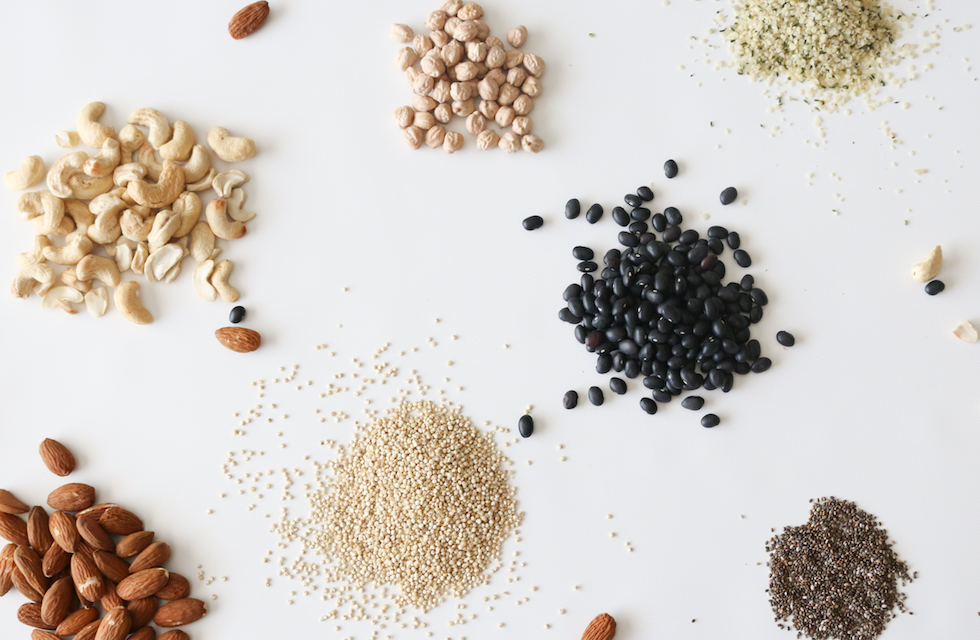
Best Plant-Based Protein Sources
There are plenty of great sources of plant-based proteins for vegans, vegetarians, and omnivores alike. Contrary to what many believe, it is very easy for someone who is on a plant-based diet to meet the recommendations for protein. Nearly all vegetables, fruits, beans, grains, nuts, and seeds contain some and often much protein. So this is NOT something to stress over. Below is a list of my top plant-based protein sources.
Dark Leafy Greens
- Kale (4.3g protein per 100g)
- Spinach (3g protein per 100g)
- Collards (3g protein per 100g)
- Parsley (3g protein per 100g)
- Mustard greens (2.9g protein per 100g)
- Watercress (2.3g protein per 100g)
- Arugula (2.6g protein per 100g)
- Spirulina (8g protein per 2 tbsp)
- Nutritional yeast (8g protein per 2tbsp)
Legumes
- Lentils (9g protein per 100g)
- Black Beans (8.9g protein per 100g)
- Garbanzo Beans (8.9g protein per 100g)
- Green Beans (7.9g protein per 100g)
- Split Peas (8.3g protein per 100g)
- Kidney Beans (8.7g protein per 100g)
- Tempeh (19g protein per 100g)
- Organic Tofu (9g protein per 100g)
- Edamame (11g protein per 100g)
Fruits & Vegetables
- Broccoli (3.8g protein per 100g)
- Corn (3.3g protein per 100g)
- Artichokes (3.3g protein per 100g)
- Zucchini (2.7g protein per 100g)
- Brussel Sprouts (2.6g protein per 100g)
- Asparagus (2.4g protein per 100g)
- Avocado (2g protein per 100g)
- Guava (2.6g protein per 100g)
- Mulberries (1.4g protein per 100g)
- Passion Fruit (2.2g protein per 100g)
- Pomegranate (1.7g protein per 100g)
- Jackfruit (1.7g protein per 100g)
Nuts & Seeds
- Almonds (21g protein per 100g)
- Sunflower Seeds (21g protein per 100g)
- Peanut Butter (25g protein per 100g)
- Chia Seeds (3g protein per 1tbsp)
- Hemp Seeds (5g protein per 2tbsp)
Grains (cooked)
- Quinoa (4.4g protein per 100g)
- Wild rice (4g protein per 100g)
- Couscous (3.8g protein per 100g)
- Millet (3.5g protein per 100g)
- Oatmeal (2.5g protein per 100g)
Best Times To Eat Protein
Eating protein at the ideal times will provide your body with the vital nutrients it needs to thrive and allow better absorption. For most Americans, this isn’t a problem but if your diet is consisting of mostly plant food, you want to make sure you’re getting adequate amounts of protein at the times that matter most.
This is even more important if your trying to build muscle and are an active athlete or strength trainer. Below are my three favorite times to eat protein.
- Early Morning. When you sleep, your body uses up most of the nutrients from the day before. Starting your day with an easily digestible protein when you wake, quickly replenishes and energizes the body.
- Post Workouts. Exercising, whether intense or lite, burns energy and strains your muscles requiring protein to replenish and repair the body. The best time to eat protein is within 30 minutes following a workout. The immediate supply of protein will help your muscles heal and become stronger. Use your favorite plant protein powder or my favorite post-workout smoothie, Green Monster Energy Blast! Yum :)
- Before Bed. A serving of protein a couple of hours before bed feeds your body as you sleep and prevents your stomach from becoming empty too early in the night. This shortens the gap from your last meal to when you replenish in the morning. A handful of nuts is what I usually grab.
Let’s Chat!
I hope this post has helped you understand plant-based proteins. As I dive deeper into this topic I will be adding more information and updates for you as well.
What other questions or concerns do you have about plant protein? Comment & share below, I’d love to hear from you and as always, stay tuned for more tips on eating well with plant-based foods :)
Hugs,
The information in this post is an accumulation of my own research and experience. I hope this post answers some of your questions. If you have any other questions email me at Vanessa@LiveSimplyNatural.com and I’ll answer them to the best of my ability.

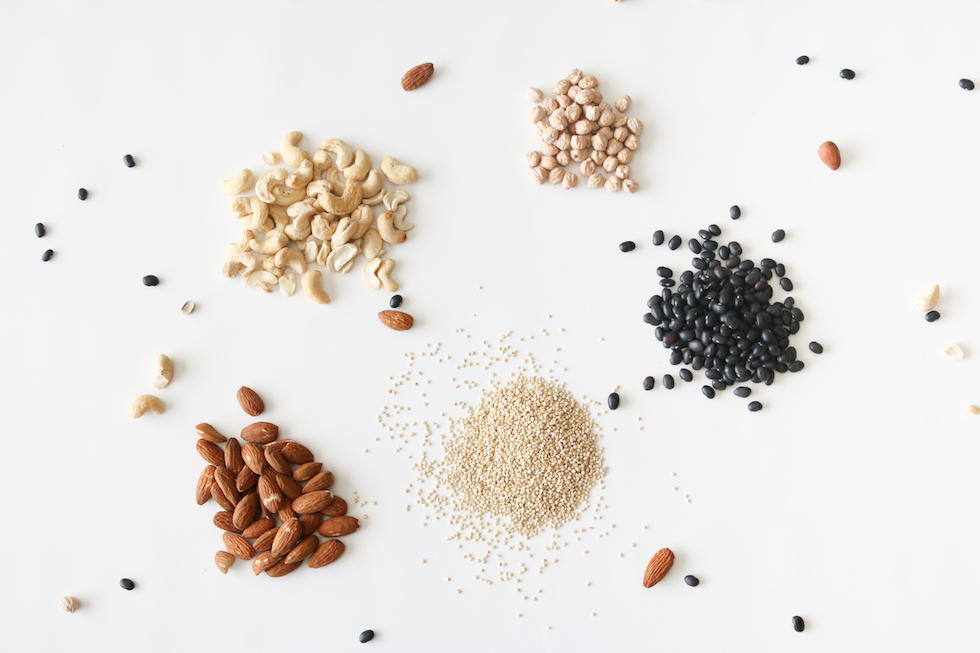

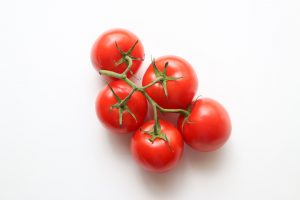
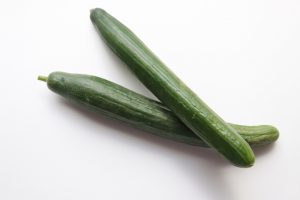
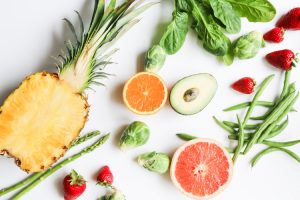
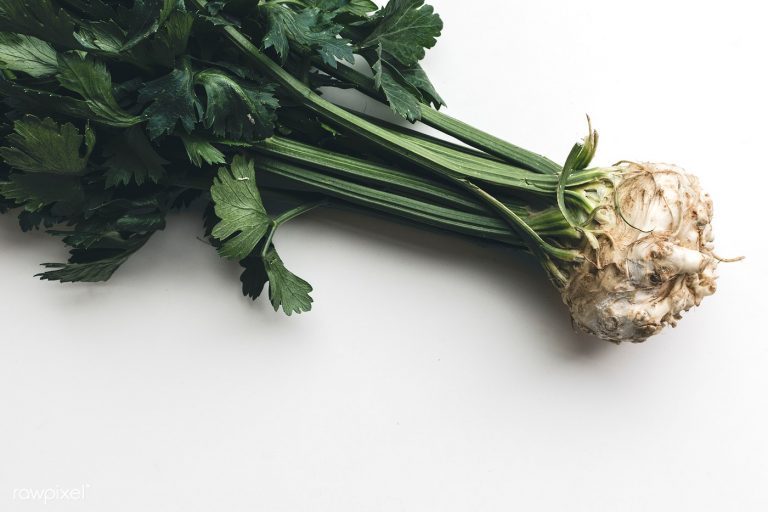
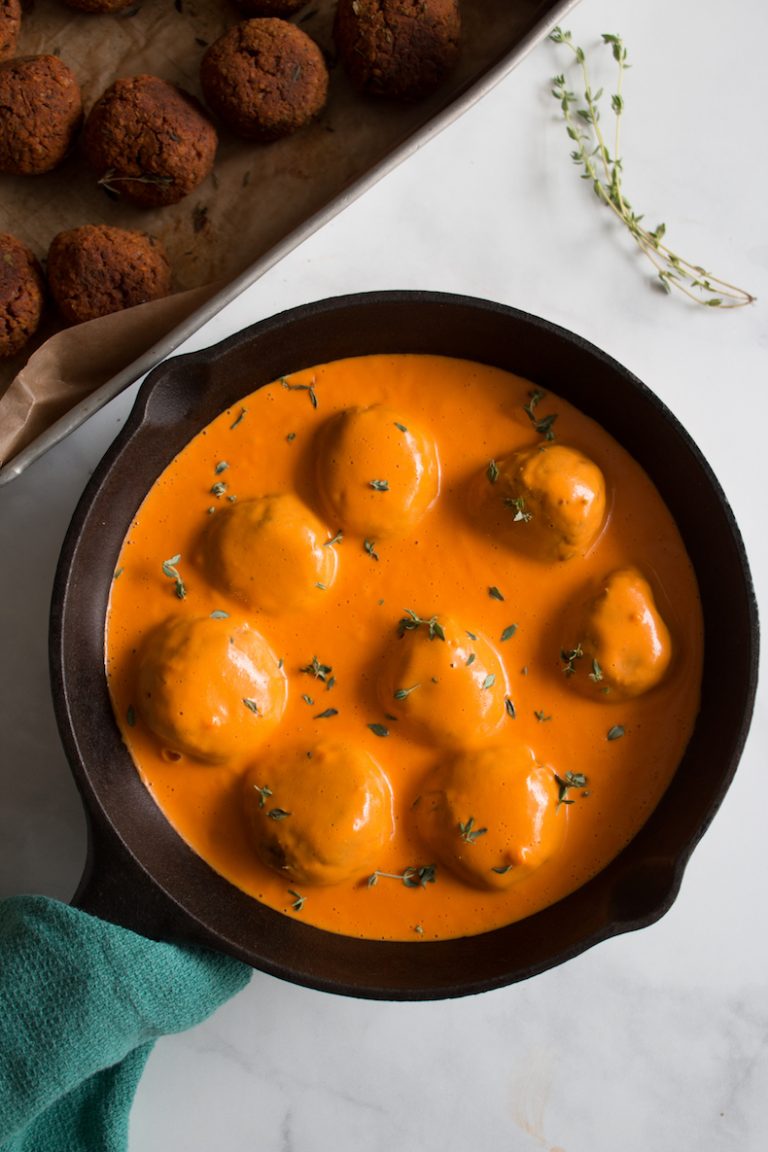
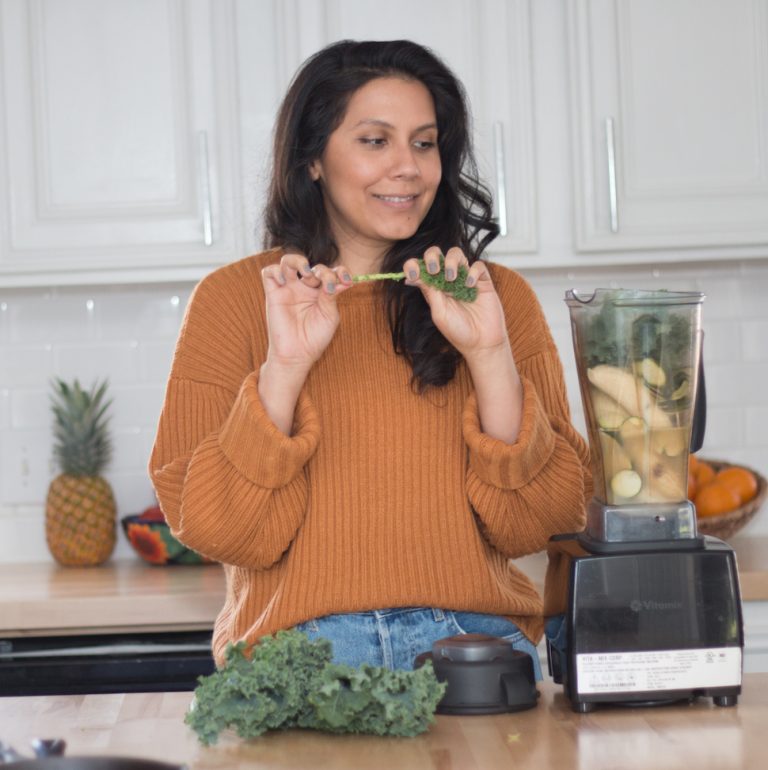
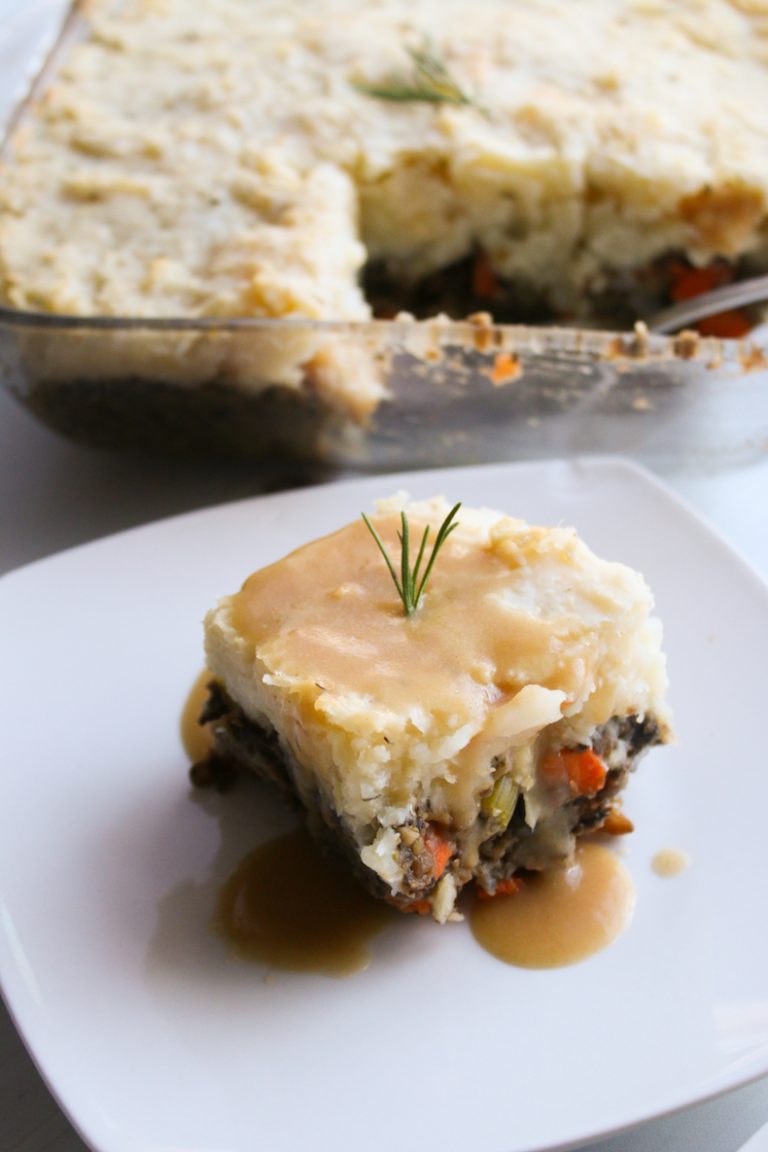
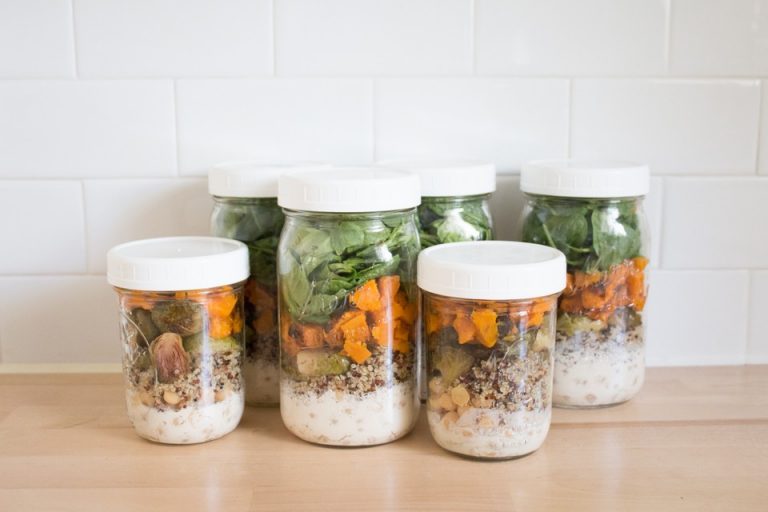


5 Comments
Very comprehensive guide about plant based proteins, nice content, good read and informative.
I enjoy the article
It works very well for me
Thanks for the great post
Thanks for the excellent post